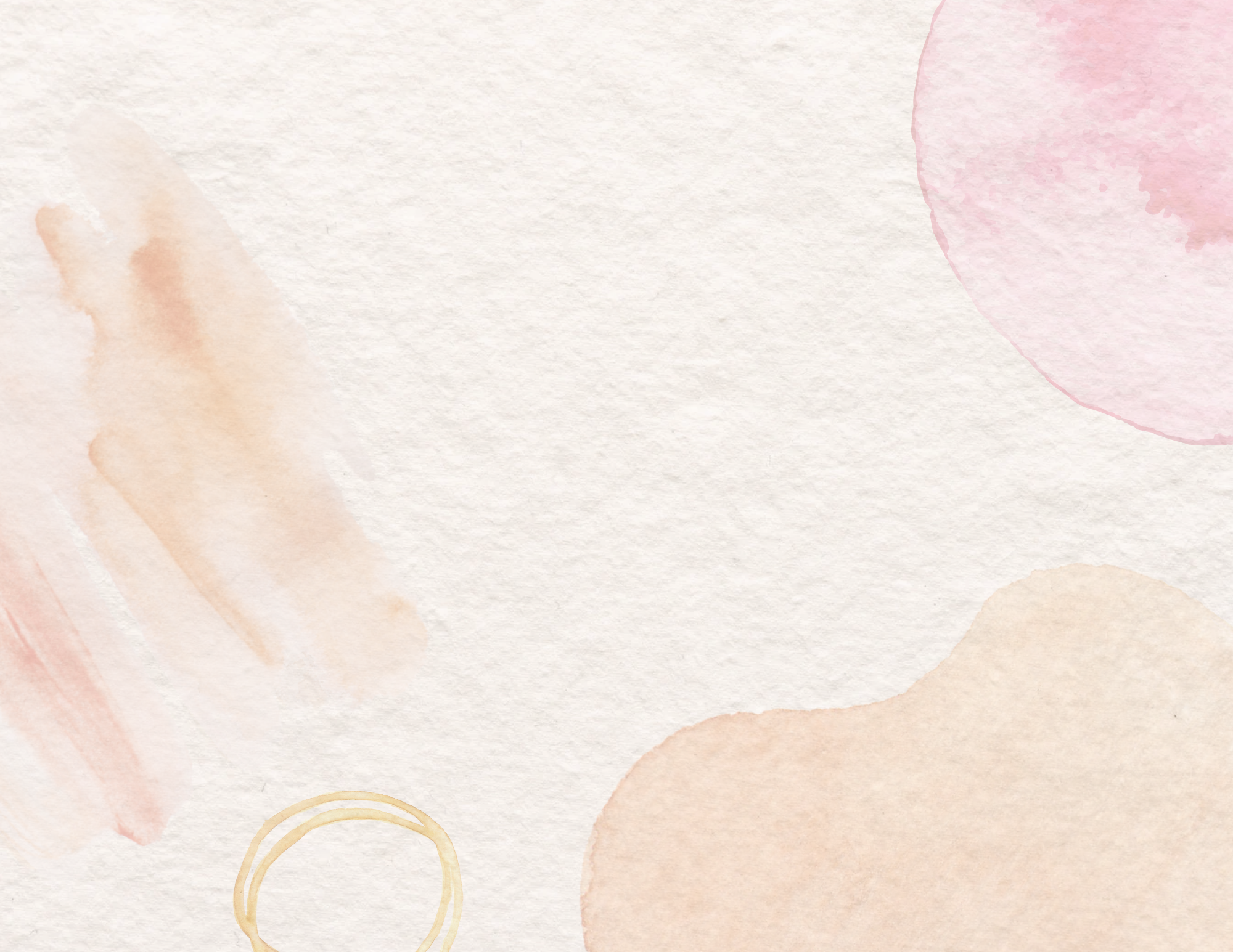Add a video
The Mikvah


